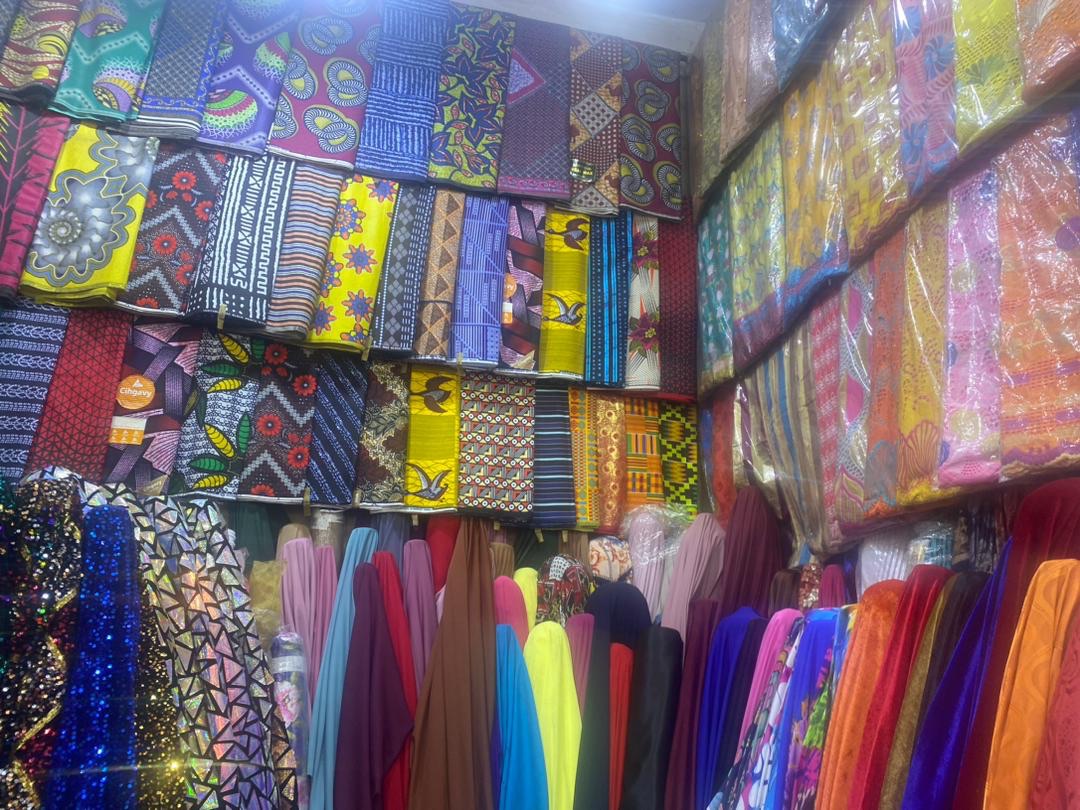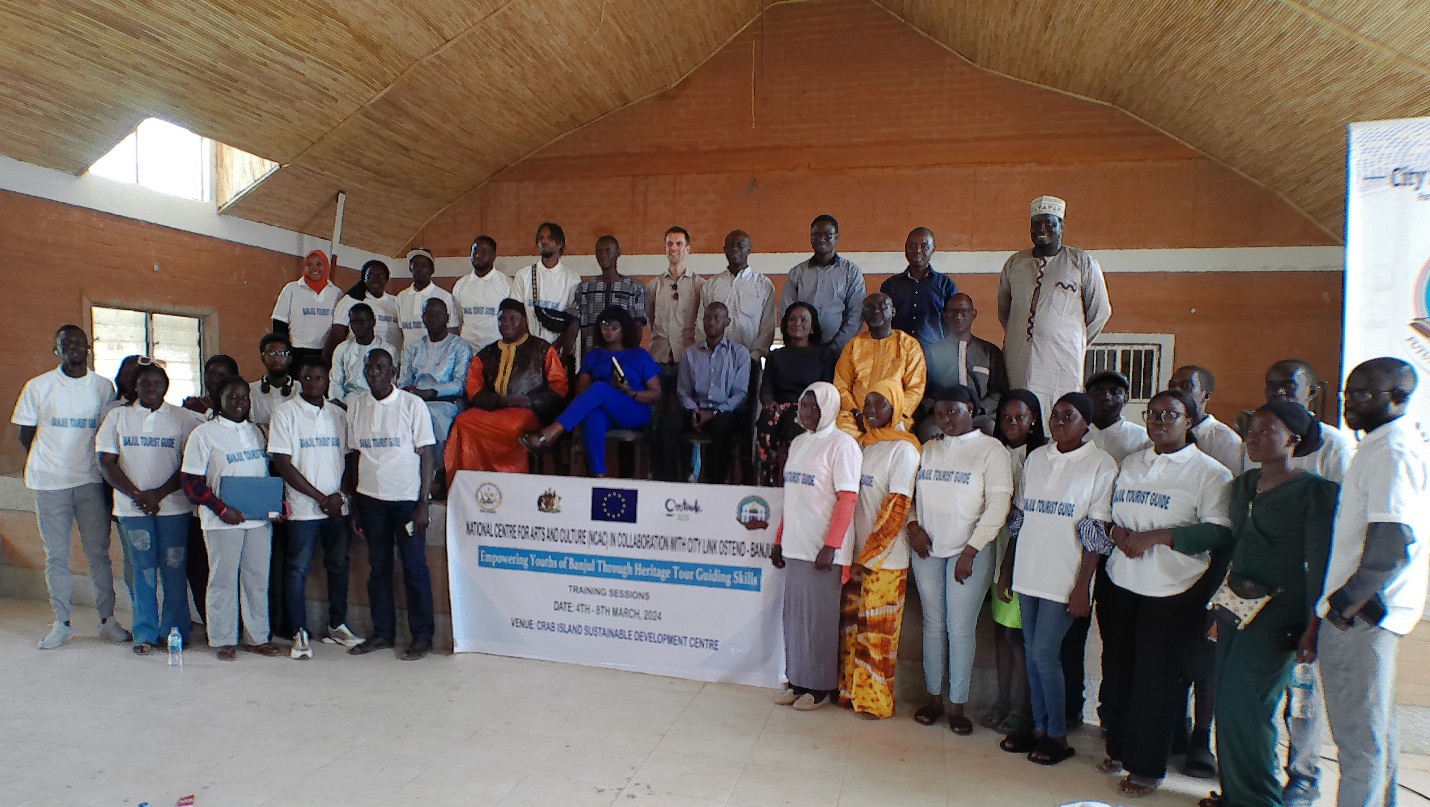By Binta Jaiteh
Across the country, despite witnessing several people establishing businesses either on a large or small scale, the masses, especially the poor masses cannot hide their feelings without complaining, saying business in the country is on the retrogressive side rather than progressive.
Every sound-minded person knows that this is not helpful to every business community and the country, as most of these businessmen/women, especially those that start businesses to provide for the immediate needs of their families.
Poor masses in the business are the most disappointed people thinking their life is like from a frying pan to fire, as they accumulate debts incurred simply because of poor sales, price hiking, and lack of assistance.
However, many of them continue to grapple with this with the hope that one-day things might get better, God willing!
Speaking with a few business people who disclosed their businesses and experiences coupled with their aims on the businesses revealed that they are not doing fine for the main time as they expected.
A businesswoman, called Isatou who has been in business for over ten years said generally business is getting dull and more difficult to handle in the country at this moment.
According to her, any business one is engaging in now is a risk because you buy and bring your stuff in bulk with high hopes and expect to generate profit but at the end of the day, you end up with little or nothing.
“Business is not favorable now. We sacrifice to buy goods and take it to our shops or warehouse for sale and nothing enough is generated to encourage you as a business person,” she complained.
She added that a lot of people have ventured into the business sector due to unemployment rate and low salary “People can’t sit without any job they need to survive daily.”
Isatou stressed that many youths left, and still leaving this country for many reasons “It is not because they don’t want to sit in their country but they want to make their families proud in making sure that the needs of their parents is provided. It is disheartening and worrying seeing parents in poverty and hardship. I am a woman and also have responsibilities to build myself and my family.”
Noting that The Gambia is a small country, and many unemployed are venturing into the business sector, she therefore, urged the government to make sure that the challenges faced by business people are solved for the better future of the country.
In her part, Awa Jeng expressed dismay at the current stage of businesses in The Gambia saying, it is hard and difficult to excel. “I am worried and sad on the situation the citizens are facing for the past years”, she frowned.
Meanwhile, she too affirmed that business is slow and not encouraging.
Mariama Ceesay is a businesswoman investing in a cashless (money transfer) business which makes her busy most of the time. She said business is not as good as people thought when they see people entering the shops and coming out. “Business is better during the festive period when people send and receive money. Sometimes, with the situation of the country, a new businessman or woman would even contemplate staying back at home because of less profit,” she highlighted.
“I buy a lot of goods and keep them in my shop but only a few ask for them and some complain about prices, this is beyond me,” she complained.
However, Awa said she is remaining in business because she is lucky not to pay for a house, shop, or office noting that if she is paying rent by now her business might have possibly collapsed because of the exorbitant renting and less profit but higher expenditure, “This makes sustainability of small scale businesses difficulty.”
Meanwhile, she want this issue to be a concern to the government saying businesses contribute to the development of the country “if only the atmosphere is favorable and if not development become slower.”
Meanwhile, she is worrying about the poor masses who are suffering from the collapse of their businesses and this could increase the crime rate and difficulty in surviving the situation.
The youths are working hard they need “more job opportunities as everyone cannot be in the business sector,” he appealed.
For his part, Malick Camara said the business is not working and people are finding it difficult to survive, and the economic situation of the country is forcing the youths to embark on irregular migration.





